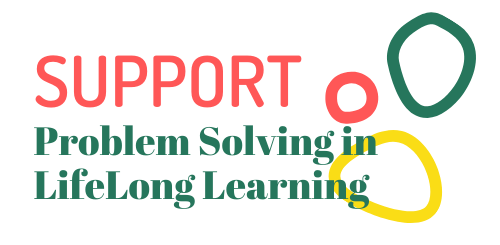Experiential learning
Solving the Problem: Activities for Learning Groups
Title of activity
Role play
Working on the activity – Suggestions
Title of activity
Case study
Working on the activity – Suggestions
Solving the Problem: Self-reflection (educator’s reflection)
Points for Discussion with your Organisation
Suggested Training Course available online
